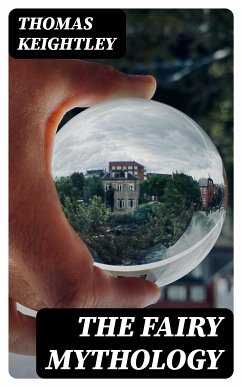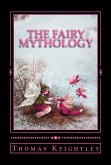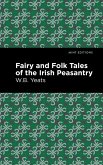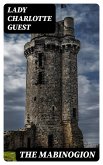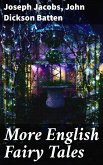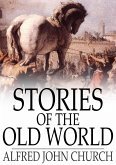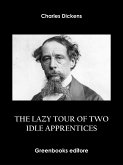In "The Fairy Mythology," Thomas Keightley embarks on an extensive exploration of the rich tapestry of fairy lore, weaving together an array of stories, characterizations, and symbolic interpretations from various cultures. This seminal work delves into the origins, development, and regional variations of fairy tales, adopting a scholarly approach that is both meticulous and accessible. Keightley's literary style merges scholarly rigor with a narrative flair, drawing on folklore studies and mythological frameworks to offer readers a comprehensive understanding of these enchanting narratives and their cultural implications. Thomas Keightley, an Irish literary scholar of the 19th century, was deeply influenced by the burgeoning interest in folktales and mythology during his time. His background in literature and history, complemented by scholarly pursuits in the realms of folklore, shaped his curiosity about the fantastical elements of human culture. Writing during a period that witnessed a revival of interest in folk narratives, Keightley sought to demystify fairy myths, unfolding the complex interactions between folklore and societal values, thus illuminating the human psyche through these timeless tales. This book is an essential read for anyone interested in folklore, fairy tales, or cultural studies. Keightley's insightful examination invites readers to traverse the imaginative landscapes of mythological beings and explore the universal themes that underpin humanity's storytelling traditions. Scholars, storytellers, and lovers of fantasy alike will find themselves captivated by Keightley's rich tapestry of narratives that inspire reflection on the nature of belief and imagination.
Dieser Download kann aus rechtlichen Gründen nur mit Rechnungsadresse in A, B, BG, CY, CZ, D, DK, EW, E, FIN, F, GR, H, IRL, I, LT, L, LR, M, NL, PL, P, R, S, SLO, SK ausgeliefert werden.

